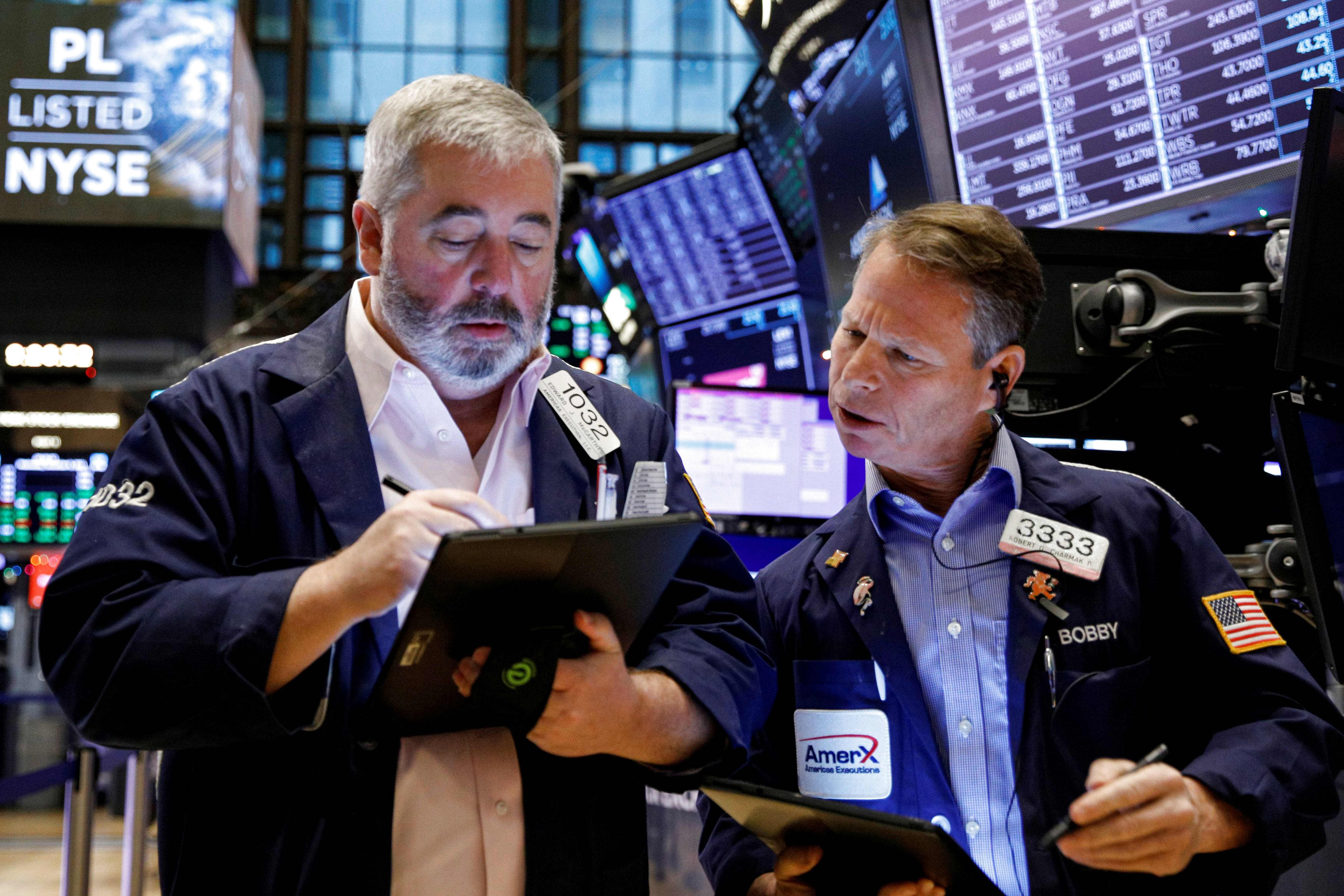Mutual fund heavy hitter Dimensional’s co-CEO highlights fixed income, equity ETF launches

Dimensional Fund Advisors is on track to be one of the industry’s biggest exchange-traded fund providers.
The highly reputed mutual fund issuer has launched four new fixed income-based ETFs and filed for 10 more equity ETFs in recent weeks, continuing a push into the space that began in late 2020.
One of the world’s largest asset managers, Dimensional is now closing in on becoming a top-10 ETF issuer.
Its latest launches — the Core Fixed Income ETF (DFCF), National Municipal Bond ETF (DFNM), Short-Duration Fixed Income ETF (DFSD) and Inflation-Protected Securities ETF (DFIP) — offer investors several ways to address inflation, Dimensional’s co-CEO Gerard O’Reilly told CNBC’s “ETF Edge” on Monday.
“It’s outpace it or it’s hedge it. There are your two choices,” said O’Reilly, who is also the firm’s chief investment officer.
“Stocks and bonds have outpaced inflation and we know there are plenty of instruments out there like TIPS that can hedge it,” he said. “I think there is a lot of uncertainty, but there are lots of choices for investors to plan well for 2022.”
Dimensional’s four new fixed-income ETFs have raked in over $500 million in total in less than a month of trading, O’Reilly said.
The firm believes that prospective equity ETFs will be met with equal or greater enthusiasm given demand from financial advisors, O’Reilly said.
Dimensional has filed for secondary versions of its International Core Equity and Emerging Markets Core Equity ETFs as well as a U.S. Small Cap Value ETF, International Small Cap ETF, International Small Cap Value ETF, Emerging Markets Value ETF, US High Profitability ETF, International High Profitability ETF, Emerging Markets High Profitability ETF and a U.S. Real Estate ETF.
The firm is also expanding access to its separately managed accounts, which allow investors to own stocks directly via custodial accounts and make adjustments based on tax circumstances, individual values or existing exposures.
“It could potentially be the future of investing to stand alongside mutual funds and ETFs” as technology continues to lower costs, O’Reilly said.




